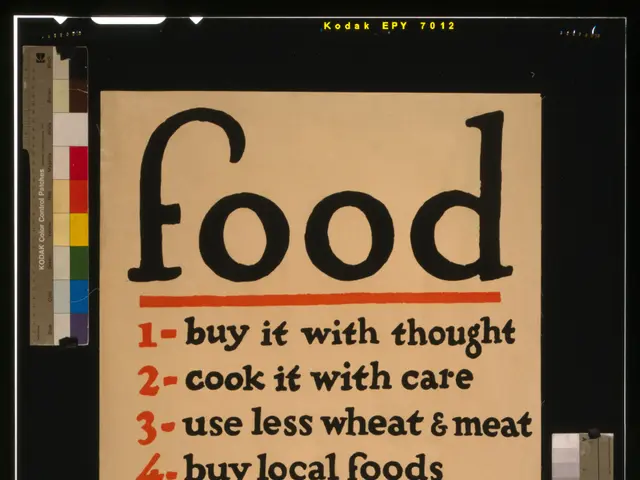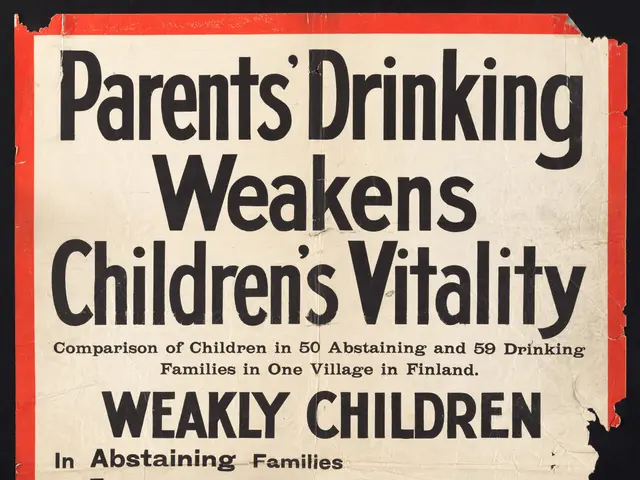Emotional journeys: Dealing with loss, marital separation, and relationship ends
In 1969, Dr. Elisabeth Kübler-Ross introduced the concept of the five stages of grief in her book On Death and Dying. These stages, while not experienced by everyone in the same order or at all, provide a valuable framework for understanding common emotional responses to loss.
The five stages of grief are:
1. Denial: An initial emotional buffer that protects the individual from the immediate shock of loss, often involving disbelief or numbness. 2. Anger: Emerges as the reality of loss sinks in, with feelings possibly directed at the deceased, oneself, others, or higher powers. 3. Bargaining: Involves attempts to regain control or reverse the loss through "if only" thoughts or negotiations, often with a higher power. 4. Depression: Represents natural sadness and mourning after accepting the loss; distinguished from clinical depression by its specific connection to the loss. 5. Acceptance: The stage where one acknowledges the reality of the loss and begins to find ways to live with it, not necessarily implying happiness about the loss but rather a form of adjustment.
These stages were originally developed to describe terminal illness patients facing their impending death, but they have been widely applied to various kinds of losses, such as the death of a loved one, divorce, lost relationships, substance abuse-related losses, and even the loss of a job.
It is important to note that individual reactions to grief are influenced by psychological, emotional, social, cultural, biological, spiritual, and familial factors. As a result, the depth and duration of each stage can fluctuate from person to person.
For instance, unexpected deaths might cause prolonged denial or anger, whereas anticipated loss might involve earlier cognitive acceptance but stronger depression.
Grief is a highly individual experience, and it is essential to remember that not everyone will go through all the stages of grief, and they may experience the stages at different times.
If you or someone you know is experiencing grief, it is normal to feel overwhelmed and unsure of how to cope. There is no universal coping mechanism for grief, and it is important to try different strategies to find one that works.
Reaching out to friends and family, support groups, and individual therapy can be helpful in navigating the grieving process. During this time, it is crucial to allow yourself to feel your emotions and seek support when needed.
In summary, while the five stages of grief provide a valuable framework to understand common grief responses, it is essential to remember that the experience is highly individual and shaped by the specific type of loss and personal circumstances. Grief can involve many ups and downs, and there is no timeframe for the grieving process. It is essential to be patient with yourself and seek support when needed.
- In the realm of health-and-wellness and mental-health, understanding the five stages of grief can offer insight into emotional responses when facing losses, such as the death of a loved one or a relationship breakup – like aq admitting the end of a romantic relationship with mm.
- These five stages include denial, anger, bargaining, depression, and acceptance, where denial might involve aq disbelieving the breakup initially, while anger could manifest as lashes out at the ex-partner or themselves (ra).
- Bargaining in aq's case might take the form of thinking about ways to change the past or reverse the breakup. In the process, aq might even bargain with 'alzheimer,' hoping there's a magical solution for mending the relationship.
- Through science, research shows that individual reactions to grief are influenced by various factors, including emotions, social settings, lifestyle, and cultural backgrounds – much like mm navigating through the stages while dealing with alzheimer's.
- It is crucial for aq to remember that everyone's grief journey is unique, and seeking support from loved ones, support groups, or therapy can be beneficial in finding ways to cope with the loss. By allowing oneself to feel emotions and find strategies tailored to personal circumstances, aq can successfully navigate the grieving process over time.






